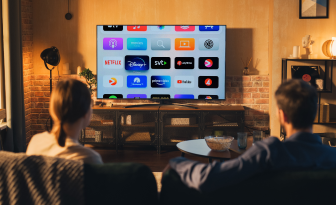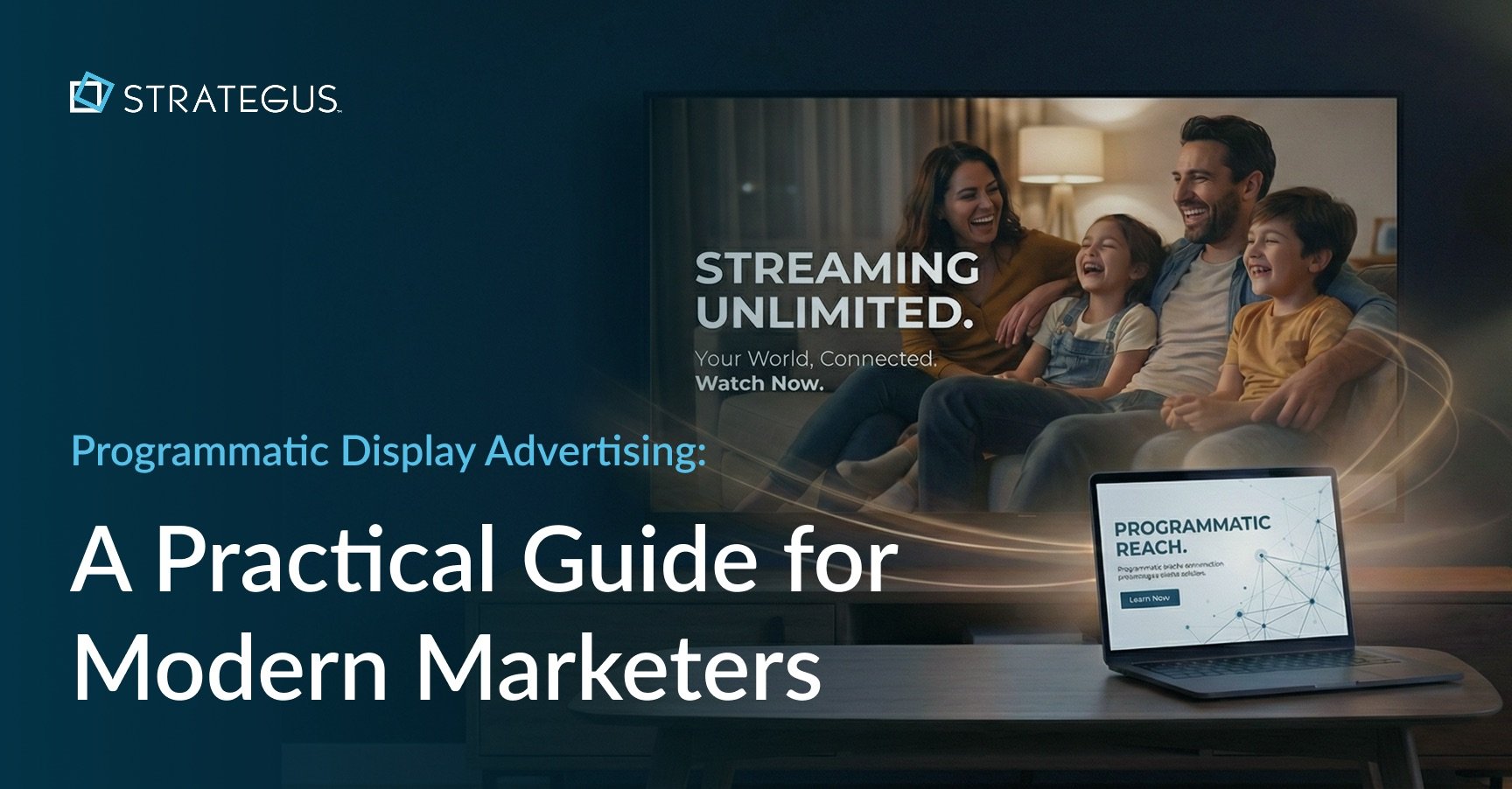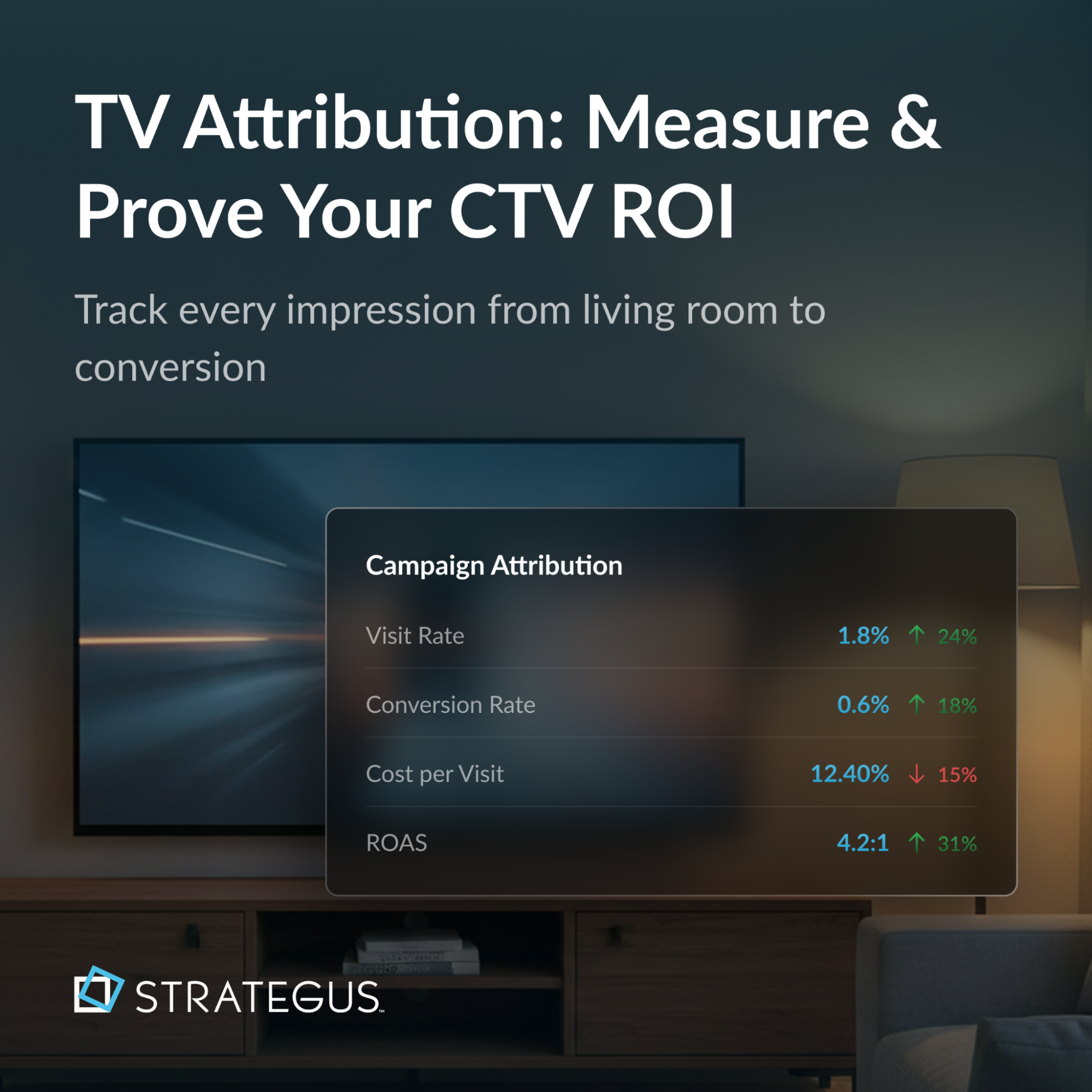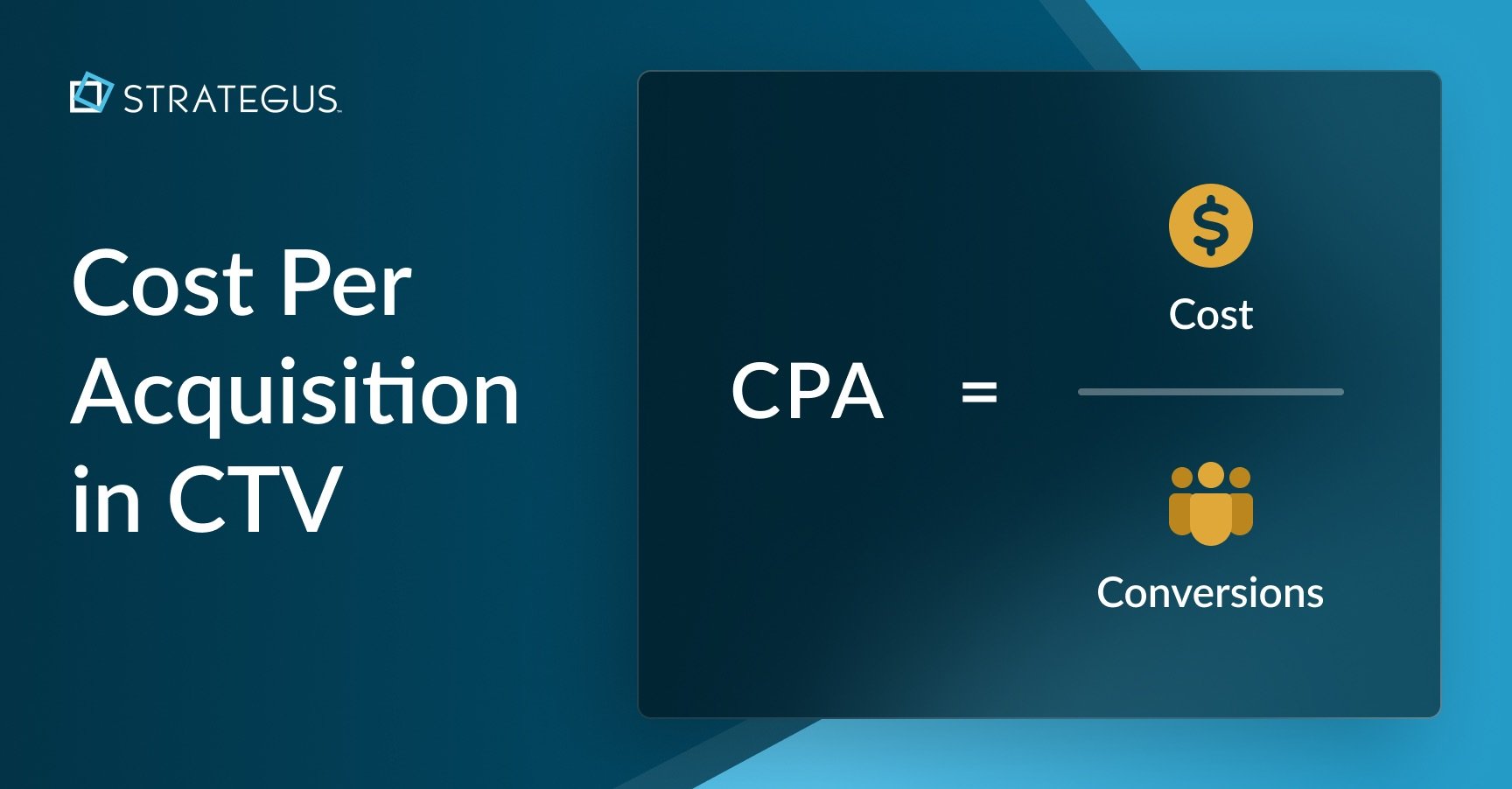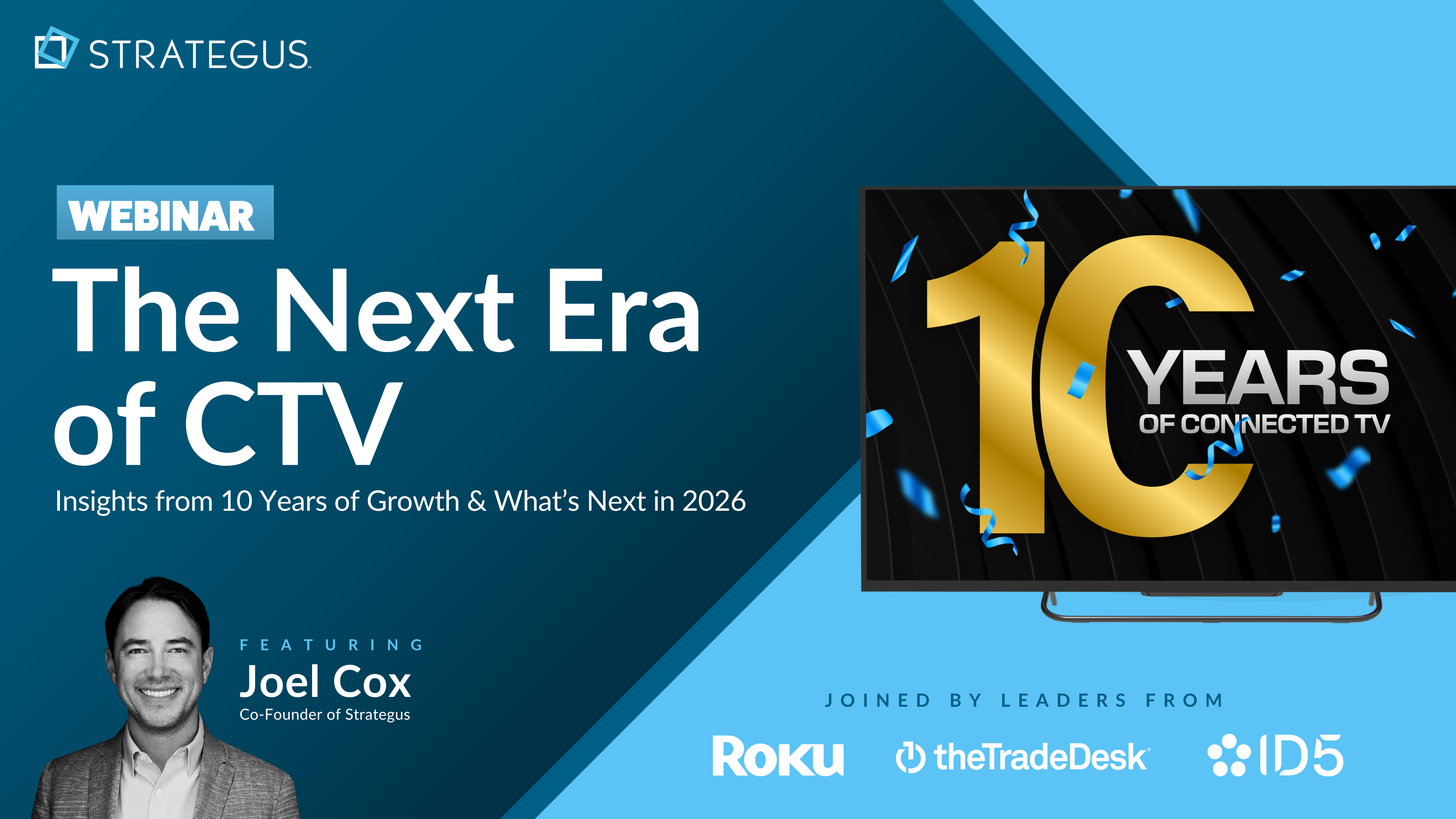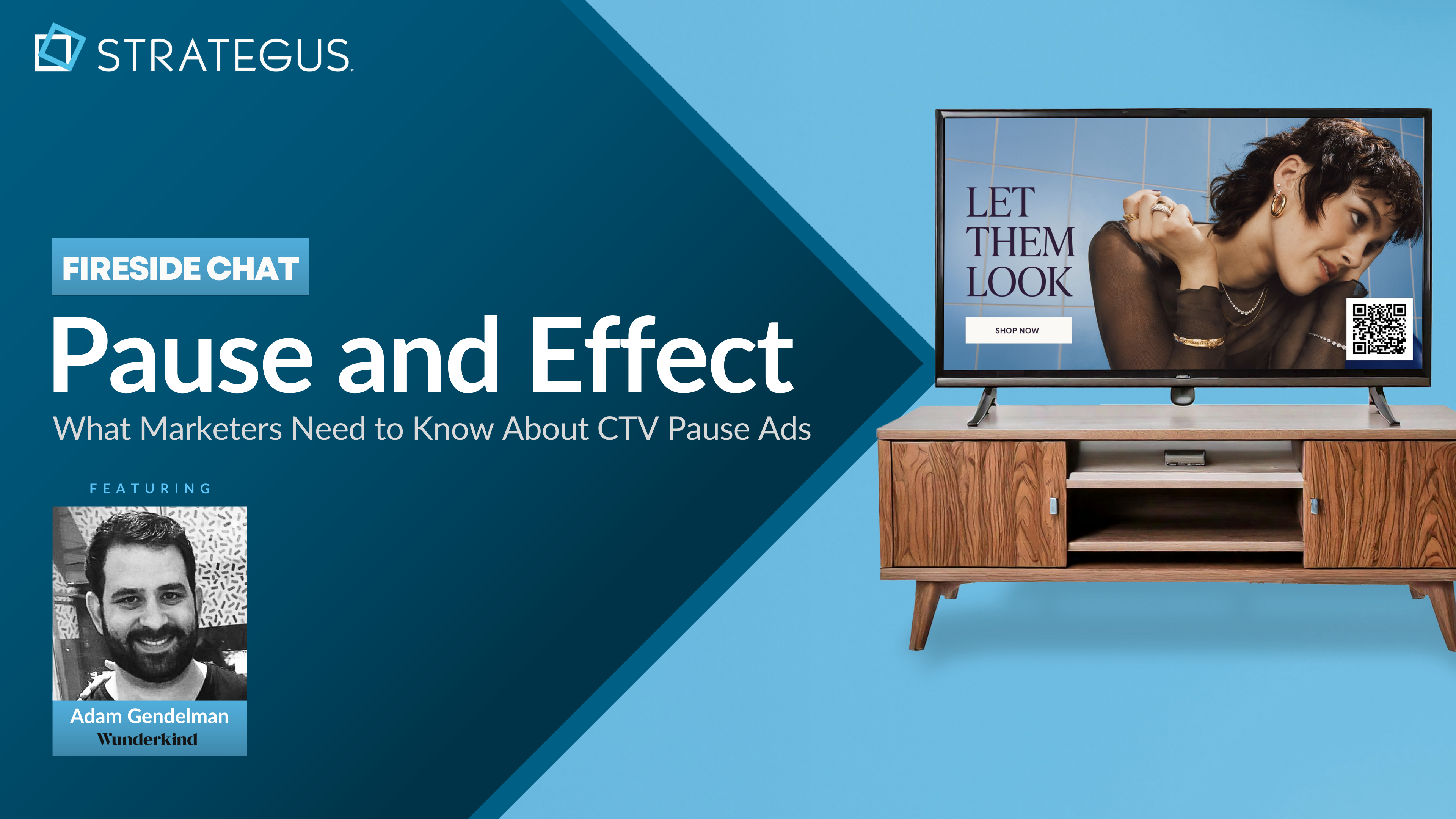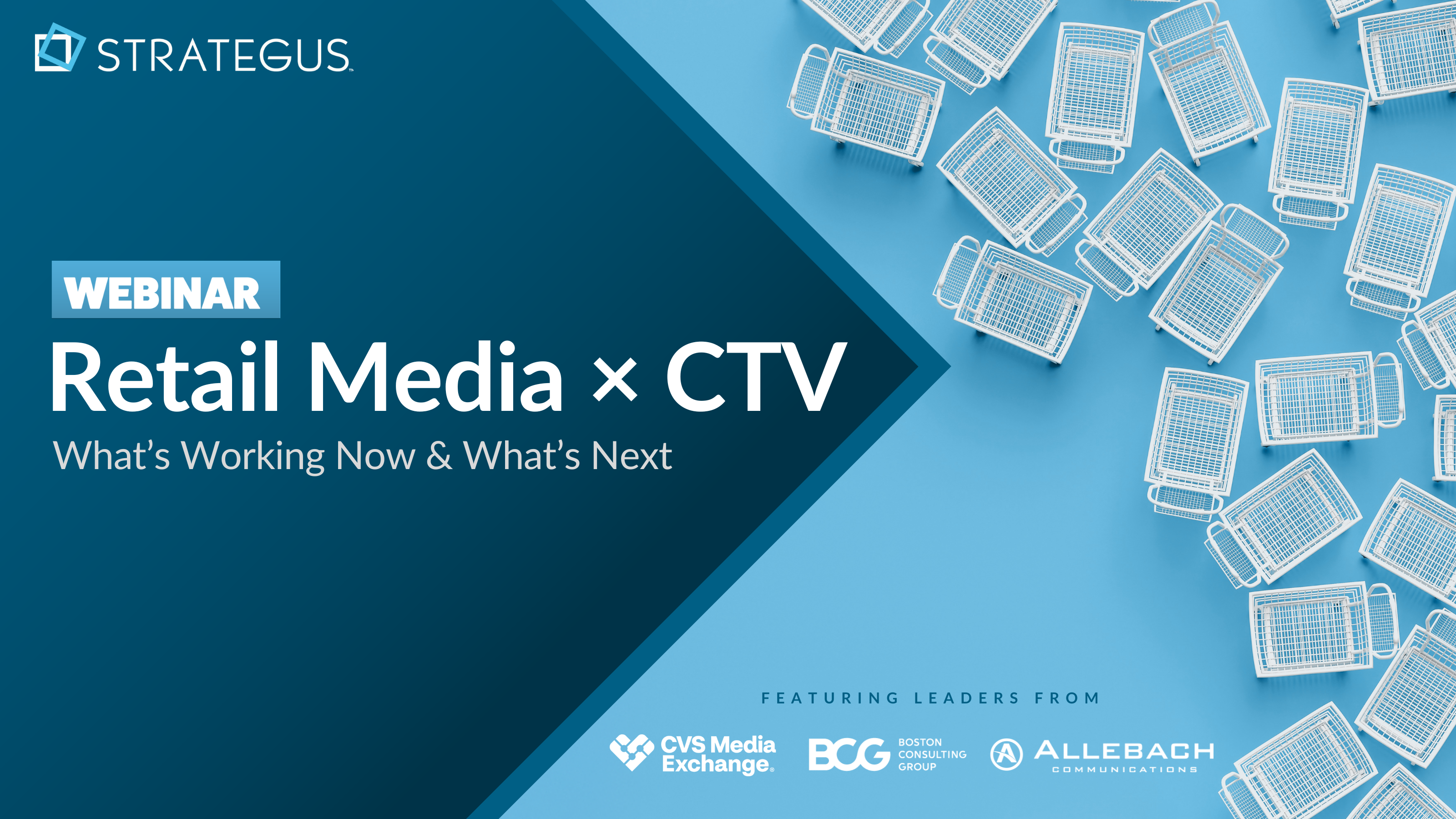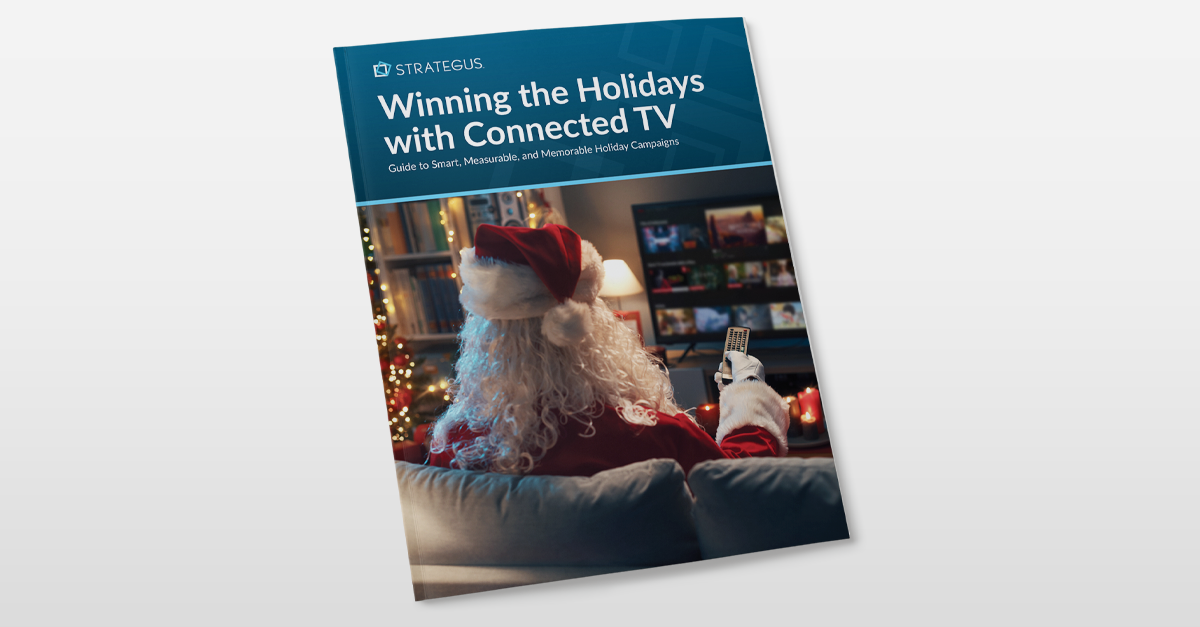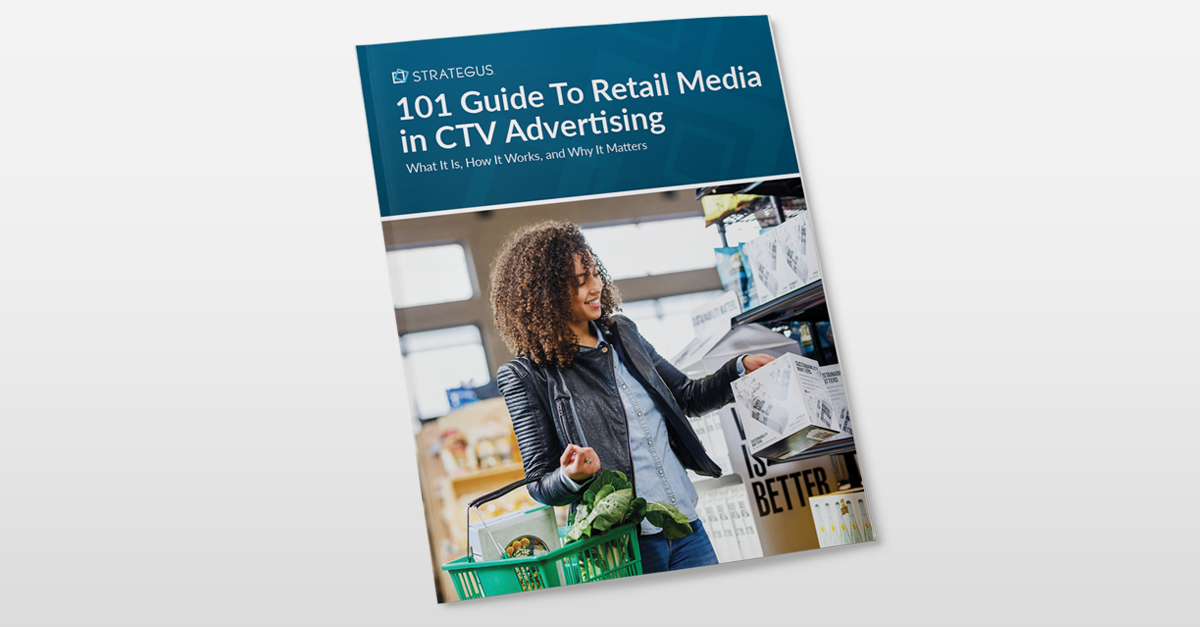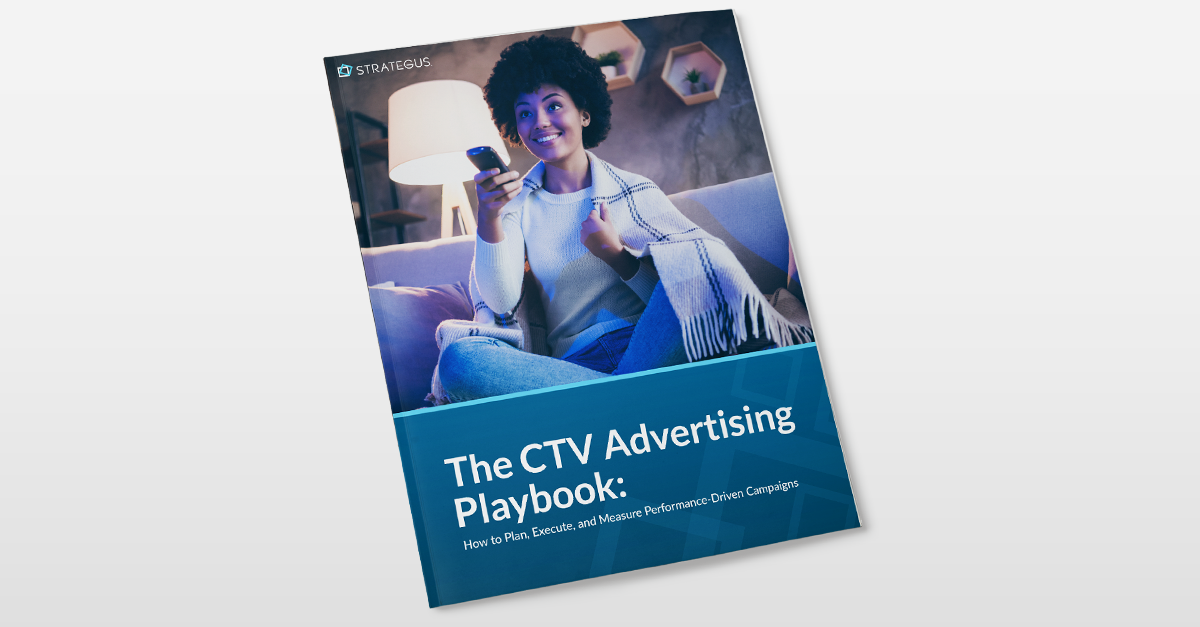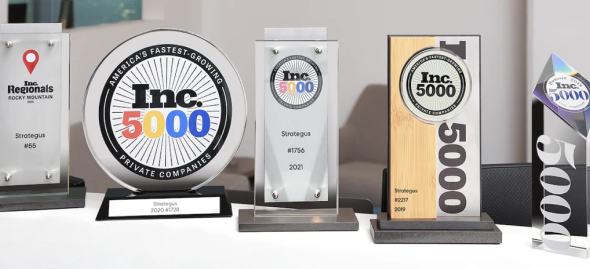- Home
- Strategus Blog
- How to Increase PPC Conversion Rate (2025 Guide)
How to Increase PPC Conversion Rate (2025 Guide)
 Andy Dixon
Andy Dixon
2 minutes read

Optimizing your paid search conversion rate helps businesses understand how their paid search marketing campaigns are affecting their bottom line. Paid search marketing is of course advertising within the listings sponsored by a search engine. Owners then pay an advertising fee when users click their ad, which is equated as the CPC (cost-per-click). After the click, the conversion rate is the key deciding factor in the success of your paid search campaign. This rate reveals what percentage of “lookers” are converting into buyers or leads. Businesses are allocating large portions of their marketing campaign on paid search. With only 22% being completely satisfied with the conversion rates these paid searches are yielding, says Econsultancy. What exactly can companies do to improve these conversion rates to acquire the best ROI?
First, It is important to understand what influences the conversion rates. Improving the below factors will help steer your project in the right direction.
• Website or Landing Page
The user’s experience on your website is a huge deciding factor to whether or not they end their visit with a purchase, leave, and/or return. The marketing message your company displays through its advertising should be infused into your website, so that users gain an image or identity through your marketing message and carry that into how they view your website. Layout and color palette of your website, product and image placement, prices, and the checkout process should all be clear and professional to ensure users follow through with a purchase or form fill. This creates a process that turns your “lookers” into buyers, guaranteeing an improvement in conversion rates.
• Keywords, Negatives and Match Types
In Google AdWords users may create ad groups to manage their different campaigns. Within your campaigns, your ads and keywords should break down into ad groups to increase the direct line of relevancy to searches. Segmenting ads and keywords into themes creates higher optimization opportunities and analysis. Kissmetrics recommends using around 20 keywords.
Within your ad groups you should use different types of match types. There are four types of keyword match types; phrase match, exact match, broad match, and modified broad match. Determining which type of match to use has an impact on the ads and in turn your conversion rate. Exact and phrase matches yield higher conversion rates because it narrows down the search results. However, the broad match keywords will provide more impressions. Deciding which keyword matches provide your company with the highest conversion rate will supply the largest ROI.
Negative keywords exclude your ad from search results where businesses do not want to show, because the search is irrelevant to their business. Adding a negative keyword will exclude those results from your campaign while keeping the keywords which are yielding high results.
• Cost-per-acquisition
Conversion rates, cost-per-click(CPC) and cost-per-acquisition(CPA) all influence one another. To determine a business’s CPA one can simply take their CPC and divide it by the percentage of their conversion rate. This CPA will allow a company to understand how much it costs to acquire a new customer. An increase in conversion rate will lower a company’s CPA, where in turn lowering the CPC lowers the CPA.
A proper marketing campaign demands that businesses understand clearly what each sale costs them from each route. What a company spends to acquire a new sale and keep the sale, largely determines if their marketing is successful. Staying within the limits of the key performance indicators to achieve this, provides businesses with the most profit.
Marketing and advertising come down to the numbers. Putting together the pieces and having them work smoothly can take some trial and error, but as long as the company is paying attention to the above factors the results will be lucrative.

Andy Dixon is a seasoned Content Writing Specialist at Strategus, renowned for his expertise in creating engaging and impactful digital content. With over a decade of experience in content creation, Andy has honed his skills in a variety of niches, ranging from technology and marketing to education.
Strategus is a managed services connected TV(CTV) advertising agency with over 60,000+ campaigns delivered. Find out how our experts can extend your team and drive the result that matter most.
Talk to an Expert
Seeking a Custom CTV Strategy That Delivers?
What to read next

Programmatic Display Advertising: A Practical Guide for Modern Marketers
Programmatic display advertising is a staple for most marketers. It's familiar, widely used, and often the default choice in digital campaigns. But...
11 minutes read

TV Attribution Explained: How CTV Delivers the Proof Traditional TV Never Could
Traditional TV advertising was a black box. You’d run a campaign, the media plan would look solid, and then… you’d wait. Maybe site traffic ticked...
13 minutes read

What Is Cost Per Acquisition and How Does CTV Fit In?
Marketers have been able to track the cost per acquisition (CPA) across digital channels using tracking pixels and attribution models to determine...
9 minutes read

What Is an Ad Exchange? How Programmatic CTV Buying Works
Ad exchanges power most of the ads you see on connected TV, but understanding how they work can feel like deciphering a secret code. SSPs, DSPs, data...
12 minutes read

